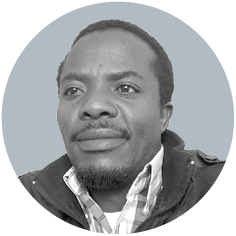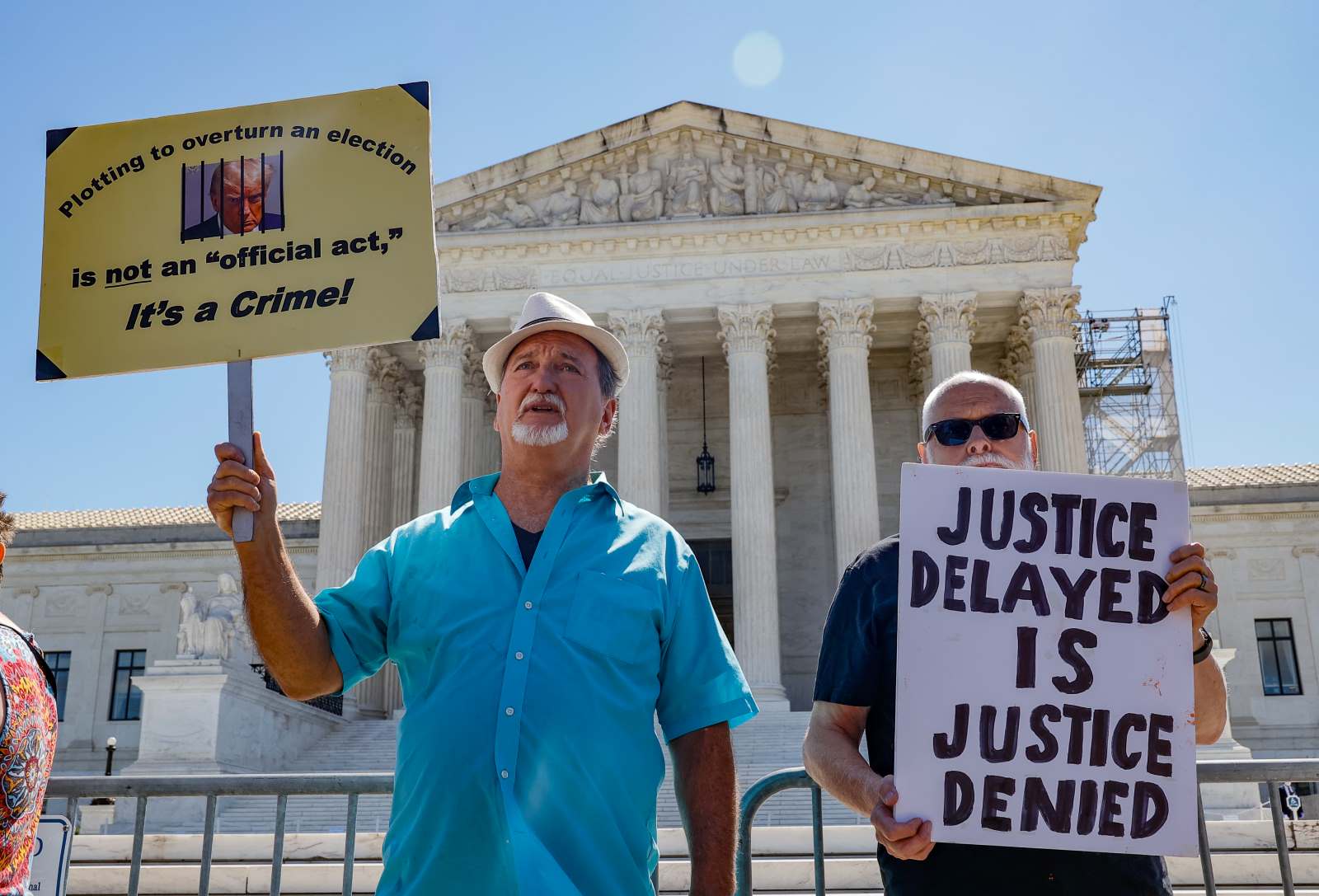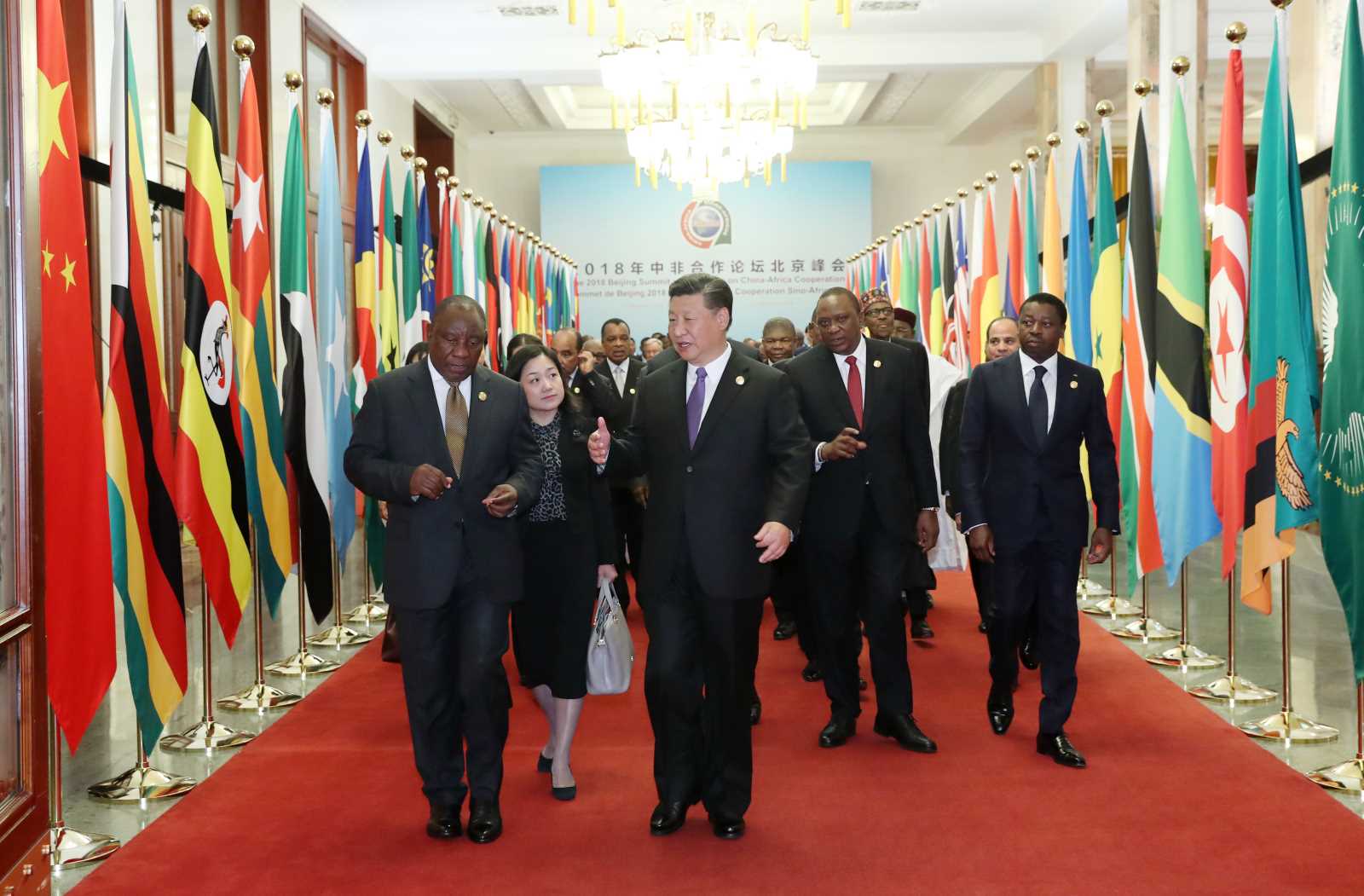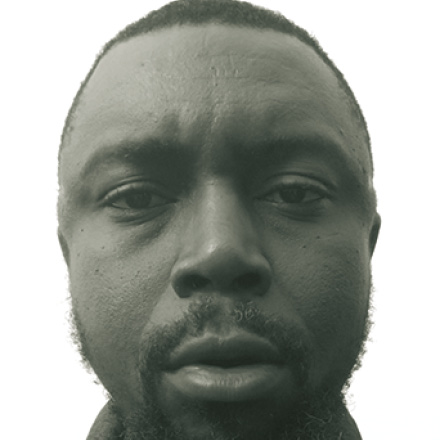Zambia’s elections
A fragile democracy
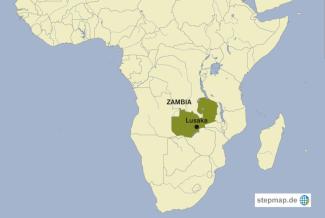
Among the more than a dozen presidential candidates is the incumbent President Edgar Lungu, who has been in office since January 2015. He originally took over the office following a by-election after the death of then incumbent Michael Sata, but he won the subsequent general election in August, 2016.
Lungu’s main opponent is Hakainde Hichilema, head of the United Party for National Development (UPND), who narrowly lost the 2016 election. Hichilema has run unsuccessfully five times before, but this time has formed alliances with other parties that threaten to unseat the ruling Patriotic Front.
The hotly contested election campaign has featured several decrees and incidents which, according to the opposition, violate democratic principles. For example, several opposition leaders have been arrested on allegedly trumped-up charges and held for weeks or months without trial. “Some opposition members are still behind bars although the constitution requires a court hearing within 48 hours,” says human-rights activist Sikaile Sikaile.
One of Hichilema’s aides, Mubita Nawa, was recently arrested and held longer than the period allowed under the constitution. After two weeks in detention on a charge of defaming the president, Nawa was denied bail while the charges are being reviewed by state prosecutors. “We demand that the police release Mr. Nawa while prosecutors do their work,” a UPND spokesman said.
Critics add that police have attacked opposition rallies and unfairly applied the Public Order Act. President Lungu recently banned campaign rallies, saying they risk spreading the Covid-19 virus. “I hereby direct the police and the health ministry to enforce the Covid-19 health regulations,” he said. Ironically, he said this to a huge crowd during the launch of his campaign.
Opponents further say the ruling party is systematically curtailing freedom of speech. The Patriotic Front recently introduced a cyber security bill that envisions a central monitoring and co-ordination centre for online communications. This centre could be misused for political purposes, critics say.
Beyond that, media outlets critical of the government have faced harassment. And newspaper columnist and academic Dr. Sishuwa Sishuwa is under official investigation for sedition after publishing an opinion piece on the possibility of civil unrest in Zambia after the elections. “By accusing me of sedition, the government wants to silence an independent voice – one of the few voices in Zambia to find an international audience,”Sishuwa said.
Similarly, John Sangwa, a prominent constitutional lawyer, faced threats after questioning whether President Lungu is eligible to run for the presidency. In Zambia a president can only serve for two terms. However, the courts have ruled that by filling out the remainder of President Sata’s term in 2015 and 2016, Lungu did not “use up” one of those terms.
Still, veiled threats made against Sangwa were unsettling. “The threats confirm that criminals have taken over our democracy,” said political commentator Fumba Chama. “We the people should decide whether to just sit and watch them or stand and defend our democracy.”
Charges and counter-charges are typical in election campaigns, but in this case they point to an historic political upheaval. Once one of Africa’s most stable democracies, Zambia now shows signs of totalitarianism. The rule of law appears to be breaking down. Under the circumstances, it is difficult to see how the elections on 12 August could possibly be fair.
Derrick Silimina is a freelance journalist based in Lusaka. He focuses on Zambian agriculture and sustainability issues.
derricksilimina@gmail.com
